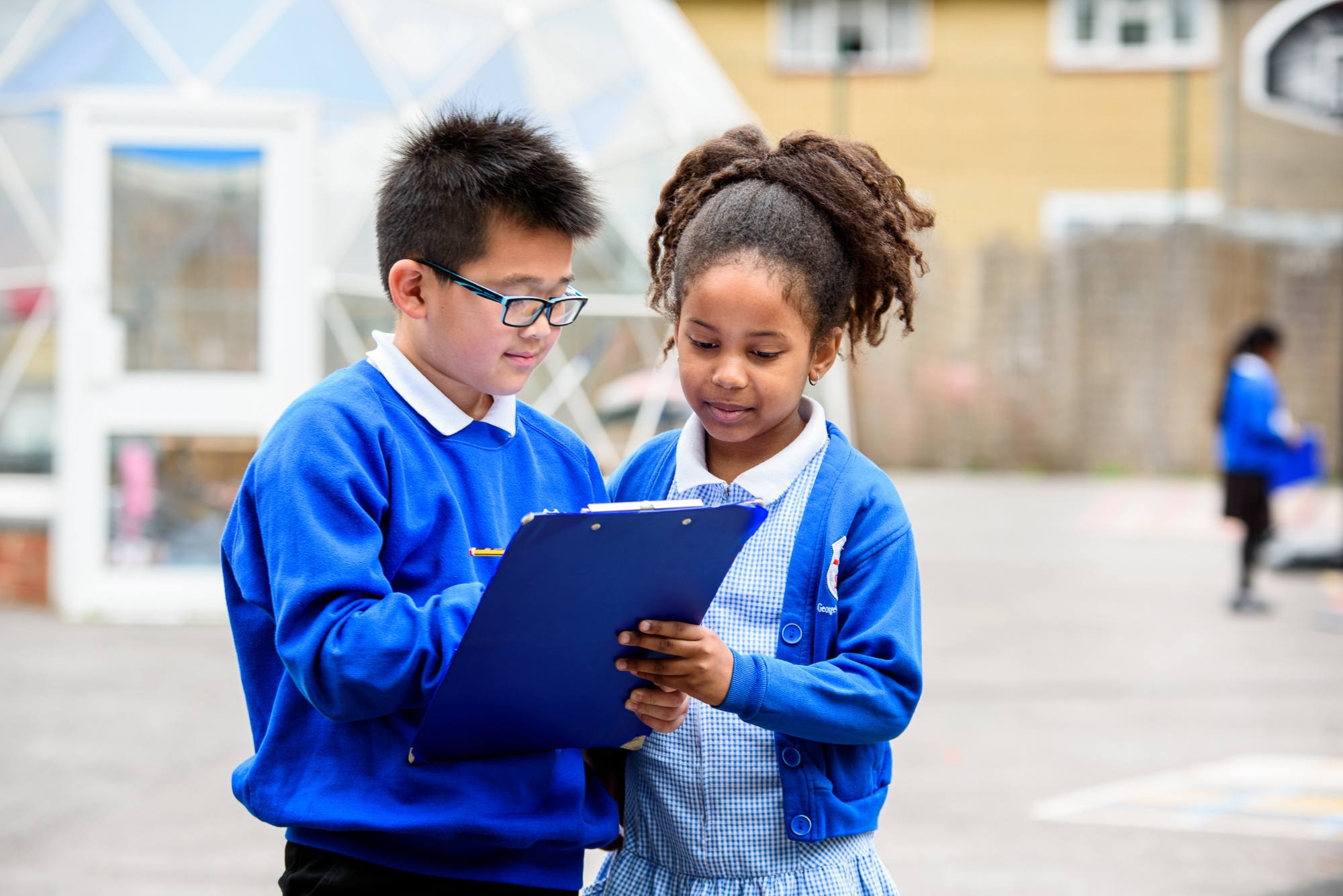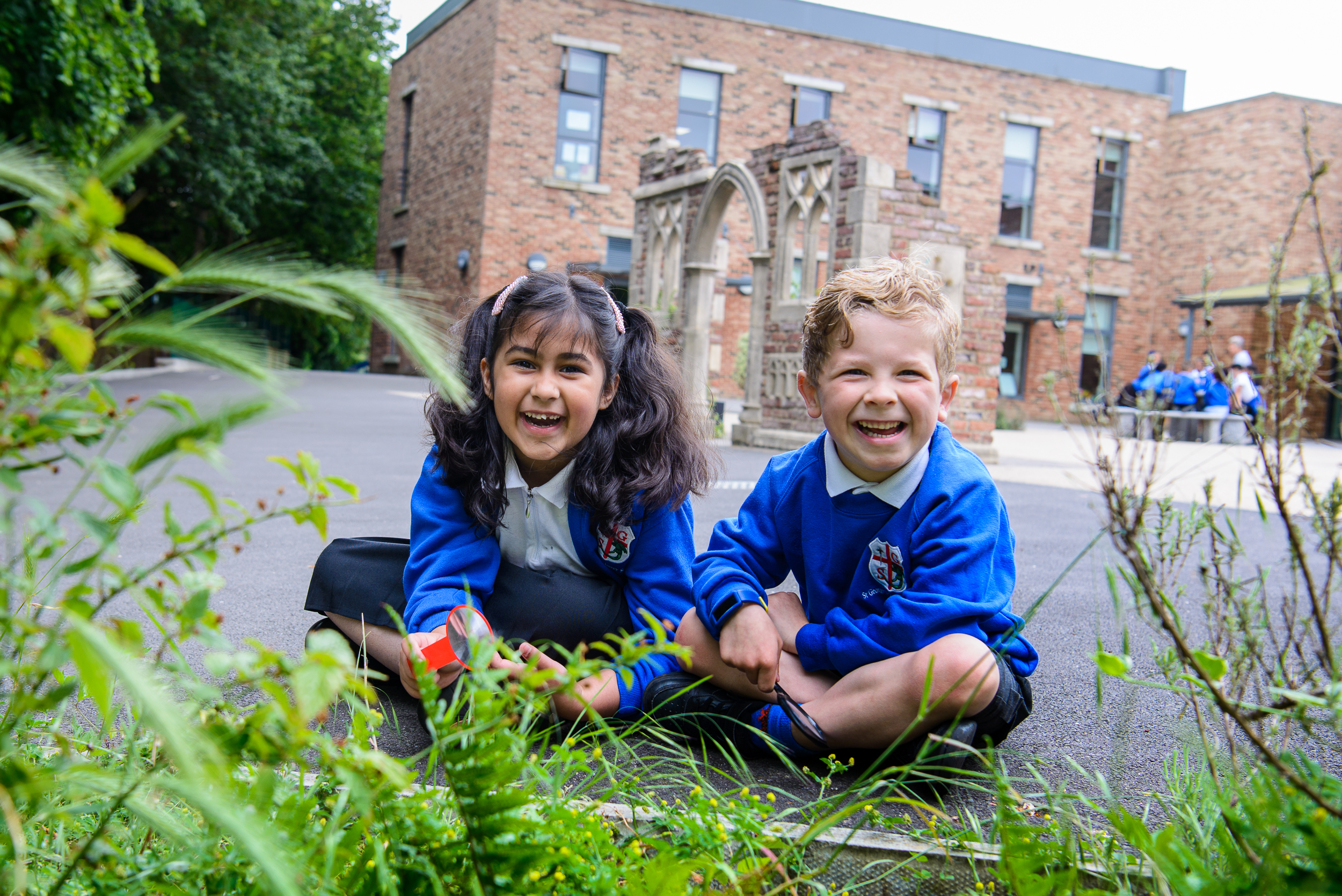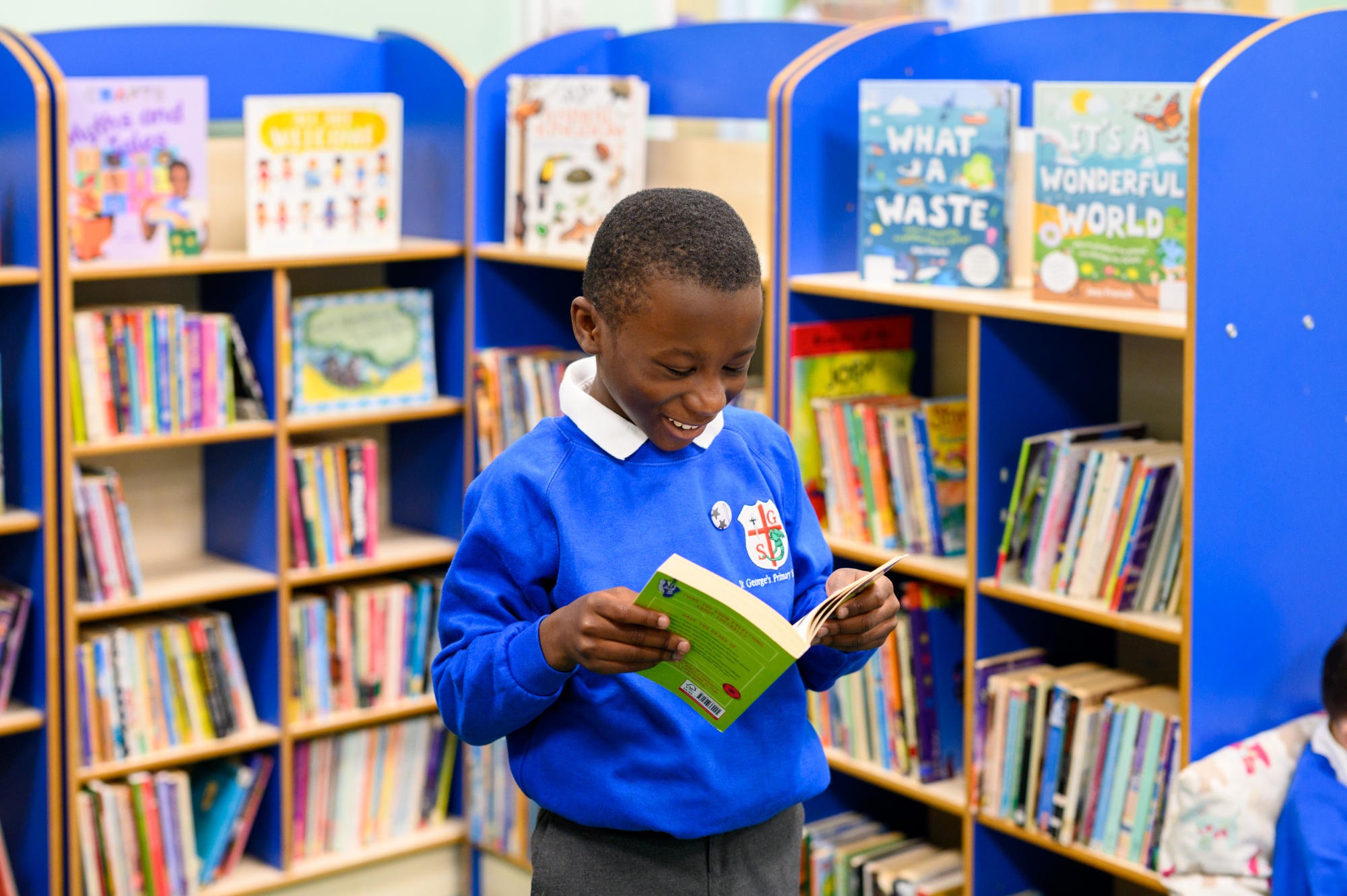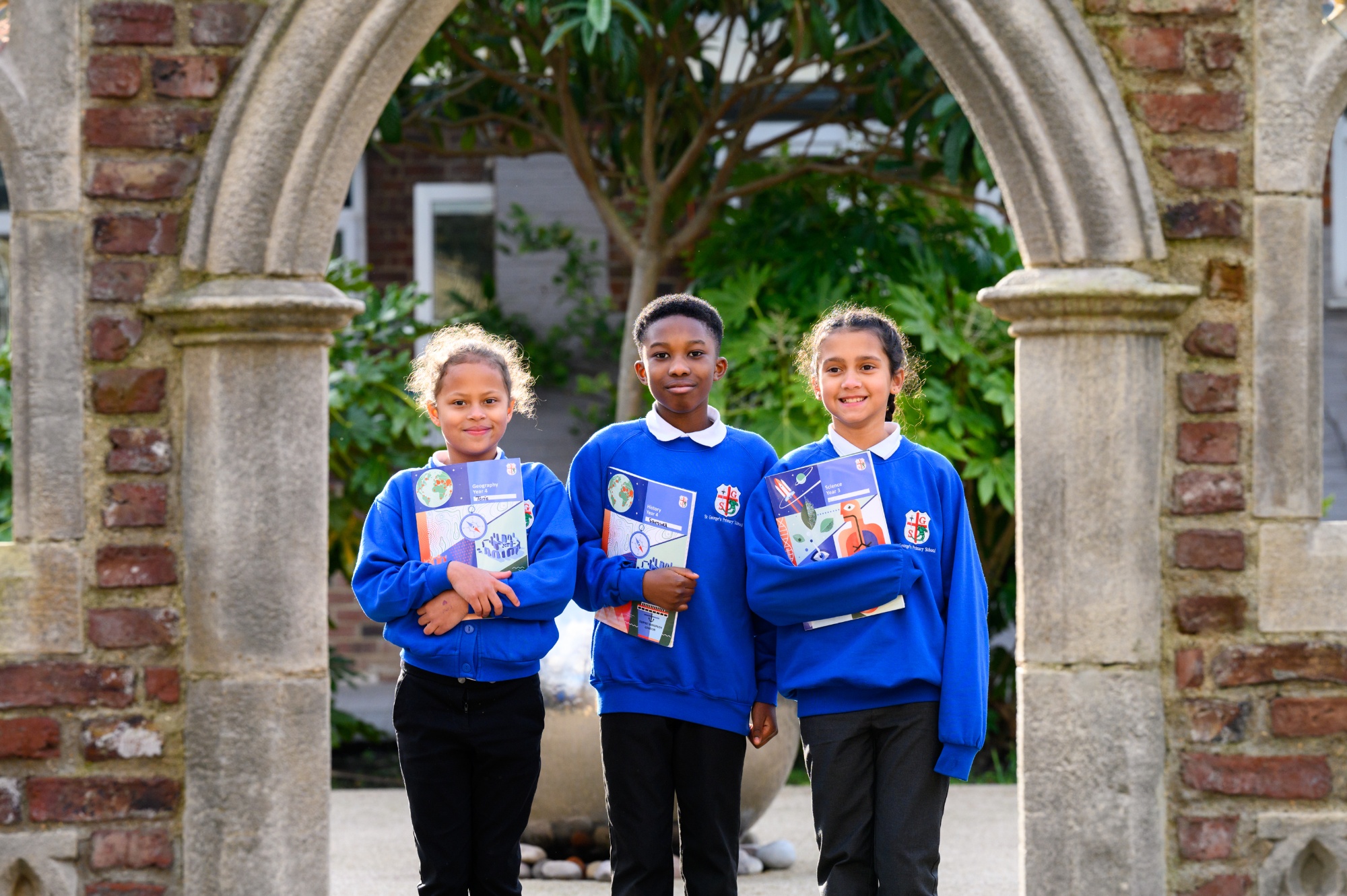Geography
Be an explorer.
Be global.
Be outdoors.

Our Geography Curriculum Vision Statement
Be an explorer. Be global. Be outdoors.
Intent
Our intent is to deliver the content outlined in the Geography programmes of study within the national curriculum, augmented with powerful knowledge carefully selected to build upon our pupils’ starting points of cultural capital.
To this end, we use the CUSP model curriculum. This is a knowledge-engaged progress model which clearly outlines the key knowledge and vocabulary for each stage of learning in sequence. It has been deliberately adapted in order for pupils to see themselves in the curriculum and prepare them for life in modern Britain.
Our Geography curriculum aims to inspire in pupils a curiosity and fascination about the world and its people that will remain with them for the rest of their lives; to promote the children’s interest and understanding of diverse places, people, resources and natural and human environments; together with a deep understanding of the Earth’s key physical and human processes. The curriculum is designed to develop knowledge and skills that are progressive, as well as transferable, throughout their time at St. George's and also to their further education and beyond.
Implementation
All areas of our curriculum are implemented using ten principles of effective instruction outlined in our Teaching Touchstones, which work in symbiosis with the Gradual Release Towards Independence model for teaching.
Coverage
The implementation of our curriculum ensures balanced coverage of the four main themes outlined in the National Curriculum: Geographic and skills fieldwork; locational knowledge; human and physical; and place knowledge. The children will have experiences of all four strands, but the subject knowledge imparted becomes increasingly specific and in-depth, with more complex skills being taught, thus ensuring that learning is built upon.
Alongside each Geography module, we also offer pupils the time to think about humans’ impact on the world and introduce them to inspiring environmentalists and geographers, so pupils have the opportunity to be better citizens and courageous advocates of the future.
Fieldwork
Geography is, by nature, an investigative subject, which develops an understanding of concepts, knowledge and skills. We are therefore passionate about implementing our curriculum through an explorative, outdoor learning approach. We want our children to learn through hands-on experiences and investigations of physical and human geography in the local environment as far as possible, while embedding key substantive knowledge. We deliberately plan for fieldwork to occur in and around our local environment.
Vocabulary
Vocabulary forms a key part of our curriculum. Therefore, subject specific Tier 2 and Tier 3 words are identified in each module. Supporting pupils in the acquisition of knowledge, through the use of key concepts, terms, and vocabulary, provides opportunities to build a shared and consistent understanding. Knowledge organisers, glossaries and displays, along with regular recall and revision, will be used to support this approach.
Knowledge organisers
Accompanying each module is a Knowledge Organiser which contains key vocabulary, information and concepts which all pupils are expected to understand and retain. Knowledge notes are the elaboration and detail to help pupils acquire the content of each module. They support vocabulary and concept acquisition through a well-structured sequence that is cumulative. Each Knowledge Note begins with a learning question which focuses on the key content to be learnt and understood. Knowledge Organisers and Knowledge Notes are dual coded to provide pupils with visual calls to aid understanding and recall.
Resources
Our Geography modules are underpinned by high quality texts which support wider curriculum reading. We encourage pupils to access these high quality texts to support their learning and develop their skills in accessing information from a range of sources.
Impact

The impact of our curriculum is directly aligned to our whole school vision and culture statements, as well as the geography vision statement and the aims and purposes set out in the national curriculum.
We say to our pupils:
Be Global:
This means we want our pupils to:
Be brave:
-
Address their own misconceptions.
-
Develop ideas based on knowledge and data and share their opinions with others.
-
Understand and believe that they can make a difference.
-
Be courageous advocates for sustainability goals
Be great:
-
Gather knowledge and understanding of cultures and events from around the globe.
-
Be tolerant and respectful of other cultures.
-
Consider how geographical processes are interdependent.
-
Develop contextual knowledge of the location of globally significant places.
-
Use knowledge and data to understand how the world has changed and is likely to in the future.
Be you:
-
Be aware of the wider world and their place in it.
-
Think about their values and what's important to them.
-
Recall and build on knowledge from their organiser.
Be an Explorer:
This means we want our pupils to:
Be brave:
-
Take risks and ask questions!
-
Use first-hand observations to enhance their locational awareness.
Be great:
-
Collect data to deepen understanding of geographical processes.
-
Explore the defining human and physical characteristics of different places.
-
Interpret a range of sources of geographical information such as maps, photographs and geographical diagrams.
-
Explore new geographical vocabulary and use it precisely.
Be you:
-
Follow their own interests and lines of enquiry.
-
Consider appropriate ways to communicate geographical information.
-
Connect schema from previously learned topics
-
Feel a sense of awe and wonder at the world around us.
Be Outdoors:
This means we want our pupils to:
Be brave:
-
Take learning into the real world.
-
Use fieldwork to make links and ask questions about the world around us.
-
Experience and observe human and physical geographical features first hand.
Be great:
-
Analyse and critically evaluate data from fieldwork to deepen understanding of geographical processes and the wider world.
-
Become confident and competent users of geographical skills such as observation, map reading and using a compass.
Be you:
-
Look for opportunities to make links and use geographic skills and terms learnt across the curriculum.
-
Take on a role to work as part of a team.
CUSP Geography Curriculum Sequence and Resources

As outlined in our Geography Curriculum Vision Statement, we are passionate about implementing our curriculum through an investigative, outdoor learning approach because we want our children to learn through experience and investigation of physical and human geography in the local environment as far as possible, while embedding key substantive knowledge.
Because of this, we implement the Curriculum with Unity Schools Partnership Geography Sequences of learning.
Of their Geography curriculum, CUSP say:
- ‘Connected’
- ‘Cumulative’
- ‘Coherent’
CUSP is underpinned by evidence, research and cognitive science. Modules are deliberately sequenced for robust progression and allows teachers to focus on the lesson.
There is an emphasis on oracy and vocabulary acquisition, retention and use to break down learning barriers and accelerate progress. A rich diet of language and vocabulary is deliberately planned for.
Specific skills are discreetly taught and practised so that they become transferrable. The sequenced modules activate prior learning, build on skills and deepen knowledge AND understanding. Learning, vocabulary and content is cumulative; content is learned, retrieved and built upon.
Each Geography module has:
- Long term teaching sequences that are interleaved and planned around the retrieval of prior knowledge.
- Subject concepts clearly articulated.
- BIG idea maps for each study to support curriculum navigation, priming and retrieval practice.
- A vast non-fiction literature spine through a comprehensive choice of wonderful online books.
- Dual-coded knowledge organisers.
- Coherent lesson sequences.
- Cumulative questions connected to each lesson.
- Unique and innovative knowledge notes for each lesson that is dual coded and rich in vocabulary.
- Vocabulary Modules which are explicitly designed to support the study.
- High quality images and diagrams to teach from.
Please visit the website here to find out more information.


